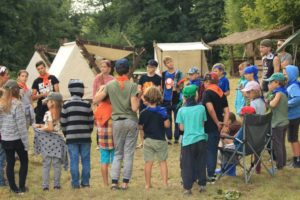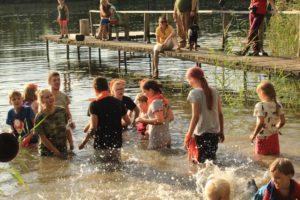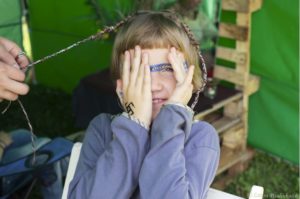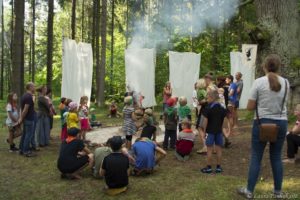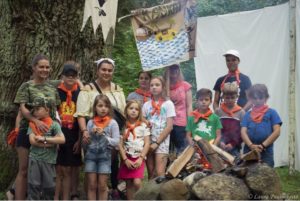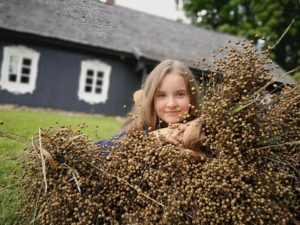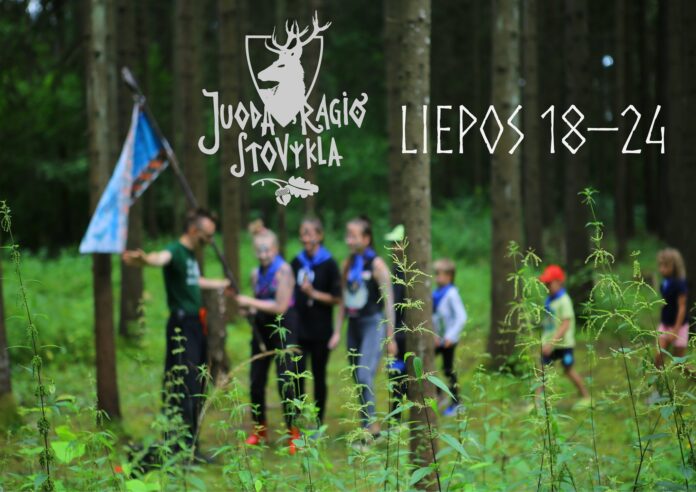
Many possibilities open to local youth – and an interesting cultural project for the diaspora to pursue
Etninės kultūros globos taryba, the Lithuanian Council for Safeguarding Ethnic Culture, (www.ekgt.lt) was established in the year 2000 as expert and advisor to the Lithuanian parliament (seimas) and government on strategic issues and policy development of ethnic culture and protection of intangible cultural heritage. There are five divisions, with regional councils for each of the ethnographic regions of Lithuania – Aukštaitija, Dzūkija (Dainava), Suvalkija (Sūduva), Samogitia (Žemaitija) and Lithuania Minor (Mažoji Lietuva).
Among other events, the councils organize annual ethnocultural summer camps in various regions of Lithuania. They are camps for children, youth and some even for adults who are interested in folklore, history, Baltic mythology, and traditional folk art.
An open-air Viking Village (http://www.vikingukaimas.lt) provides both day-camp and sleep-away sessions in the Širvintai district of Eastern Lithuania. An educational day-camp “Vasara tėviškėje” (Summer at the Homestead) at the popular ethnic museum at Rumšiškės is being held for the first-time, for children 7 to 12 years old. Juodaragio stovykla (Blackhorn Camp) will be held July 18-24 on an island (Duburio sala) in the Zarasai district, for ages 6 to 14. Their website is: https://www.juodaragiostovykla.lt/. Although there are no more spaces available, organizers encourage viewing the website and planning for next year.
Another day camp Pasibūkime ant ulyčios (On the Country Road) in August invites 6- to 12-year-olds to the Jonava Culture Centre (www.jkc.lt) and the Skrebinai homestead to learn about traditional Lithuanian culture. Traditional music courses were an early summer offering at Visaginas and Meronys, in the Ignalina district, and included violin, harmonica, bagpipe, drum and cymbal lessons for members of folklore groups and musicians. In August, the Biržai Cultural Centre will hold a day camp “Journey to the World of Folk Music”, where folk traditions of that region will be taught to 7- to 16-year-olds.
A family camp took place in June, where attendees learned about the traditional crafts of Dzūkija, including straw ornamentation, wreath weaving, papercutting, candle-making, and even baking a buckwheat “babka”. More information is available at www.sodybasilas.lt, and https://www.facebook.com/sodyba.silas.
There are at least twenty other camps listed on the Council’s website, variously dedicated to music, scouting, folklore, folk-dancing and ethnic culture. Descriptions indicate that the camps are meant for Lithuanian-speakers only.
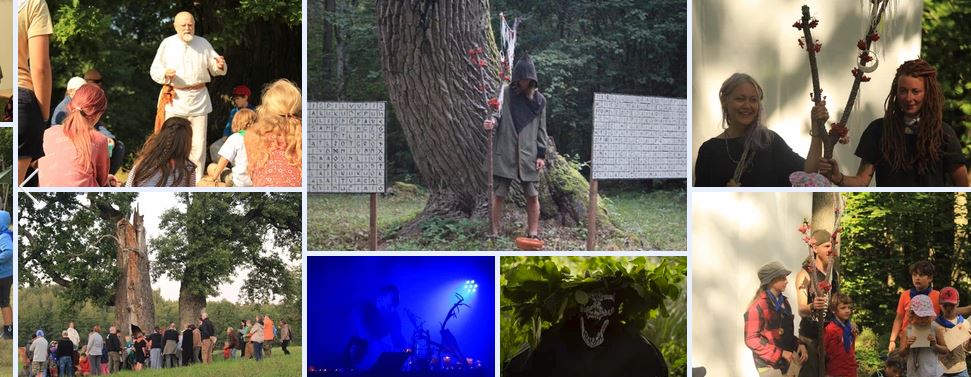
Editor’s note: Would this be a motivator to learn more Lithuanian? With enough interest shown from abroad, together with some volunteering, could they open up to children from the diaspora?























